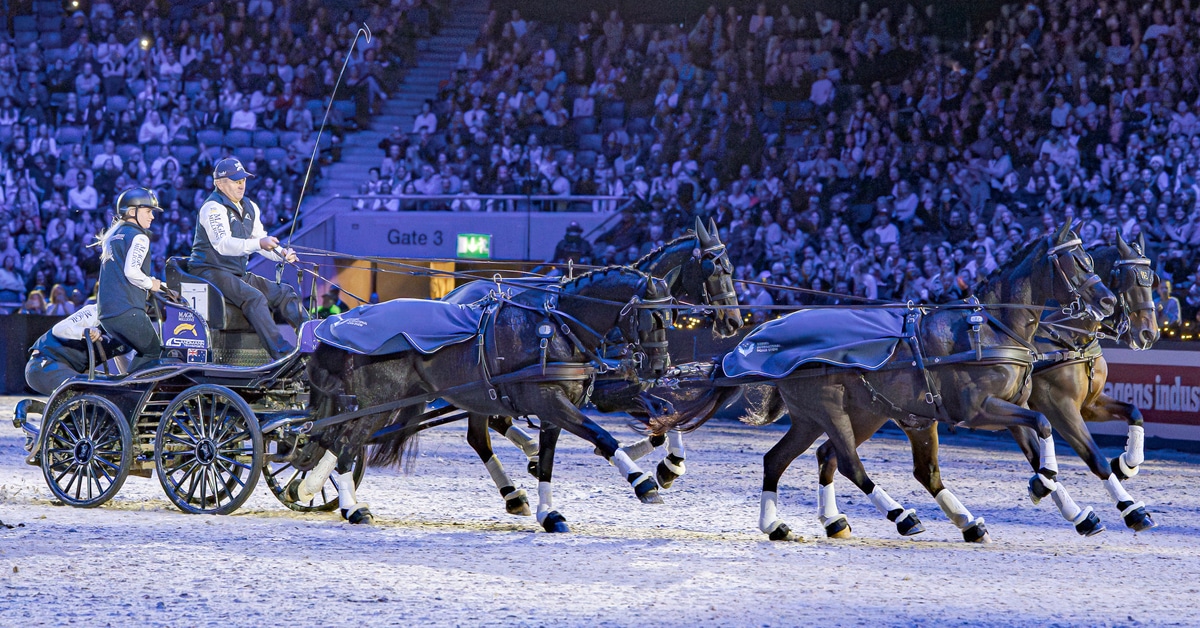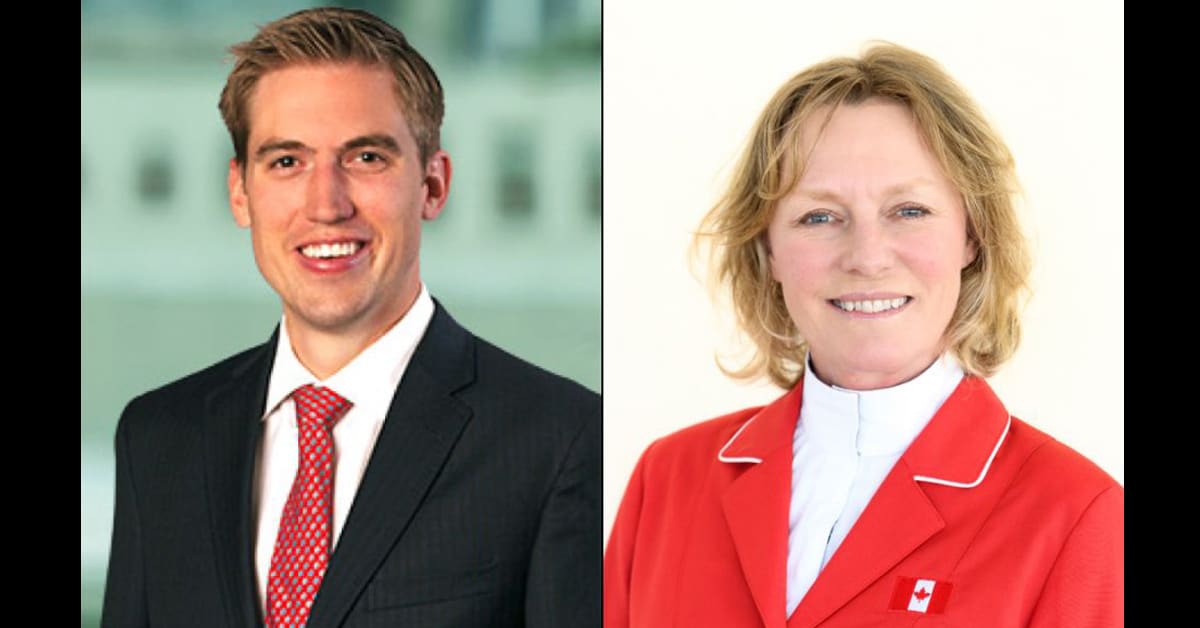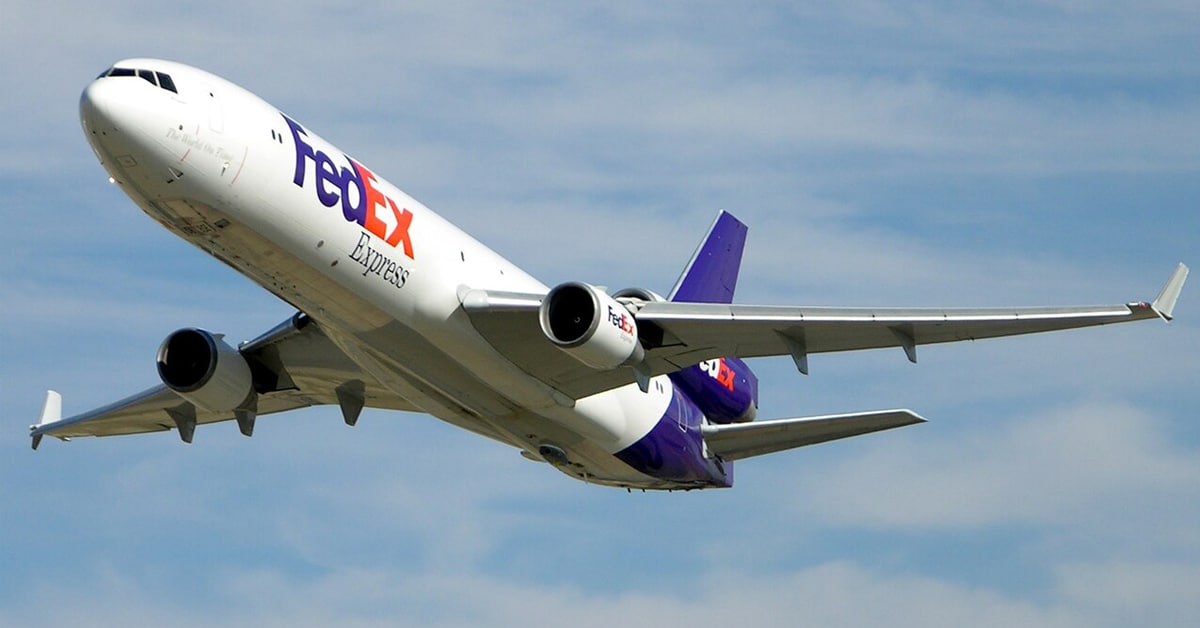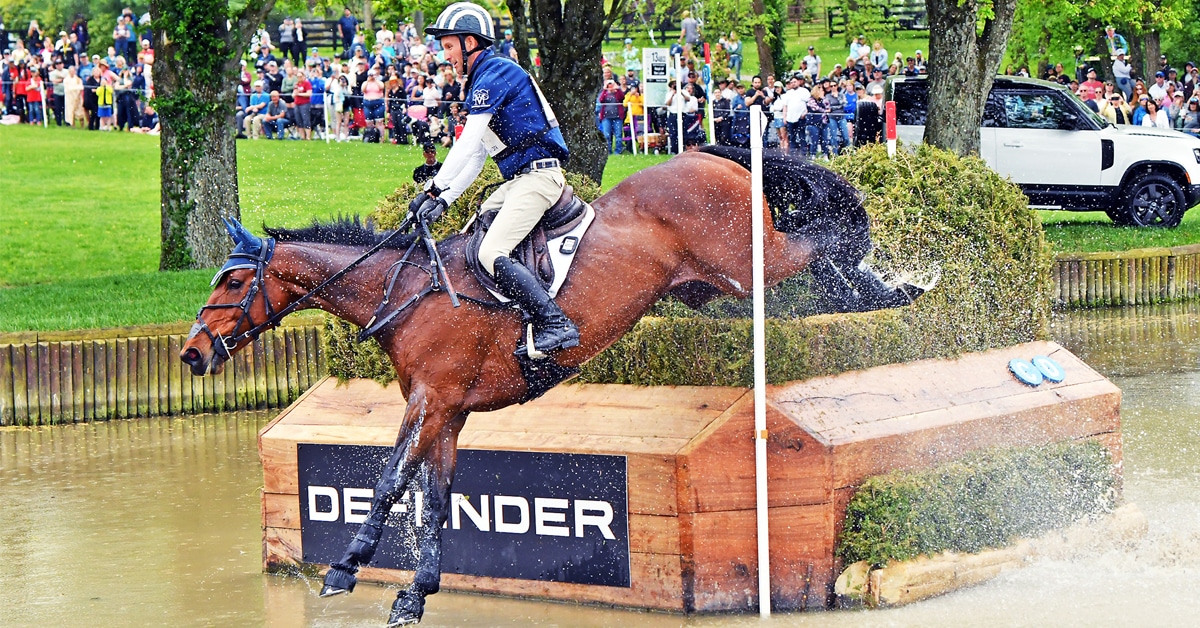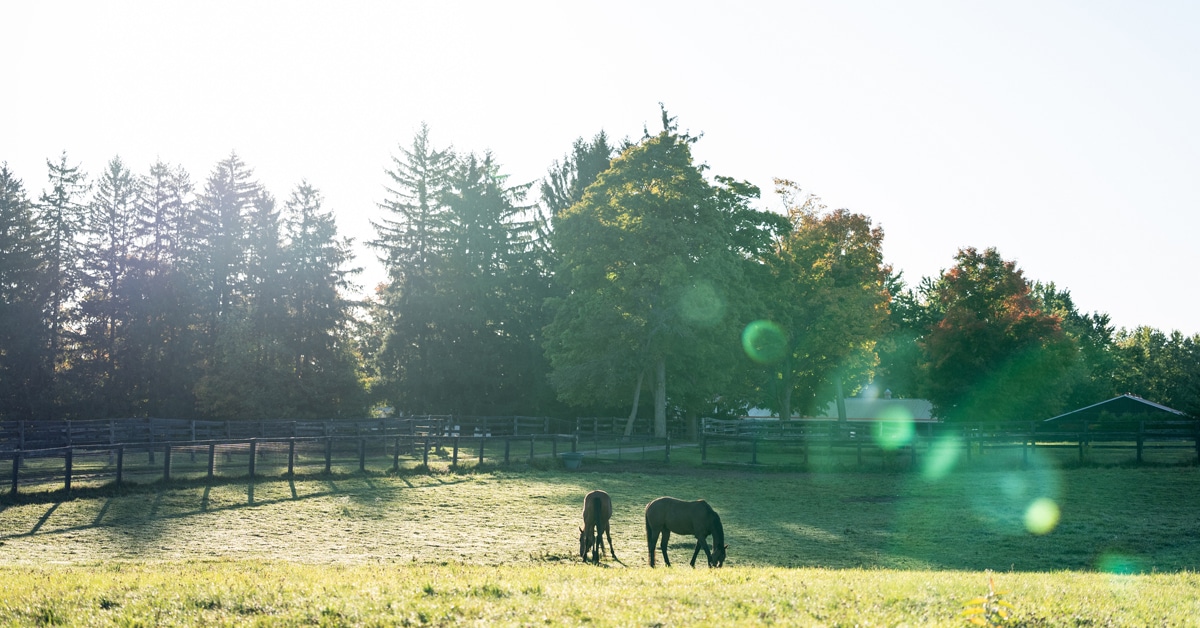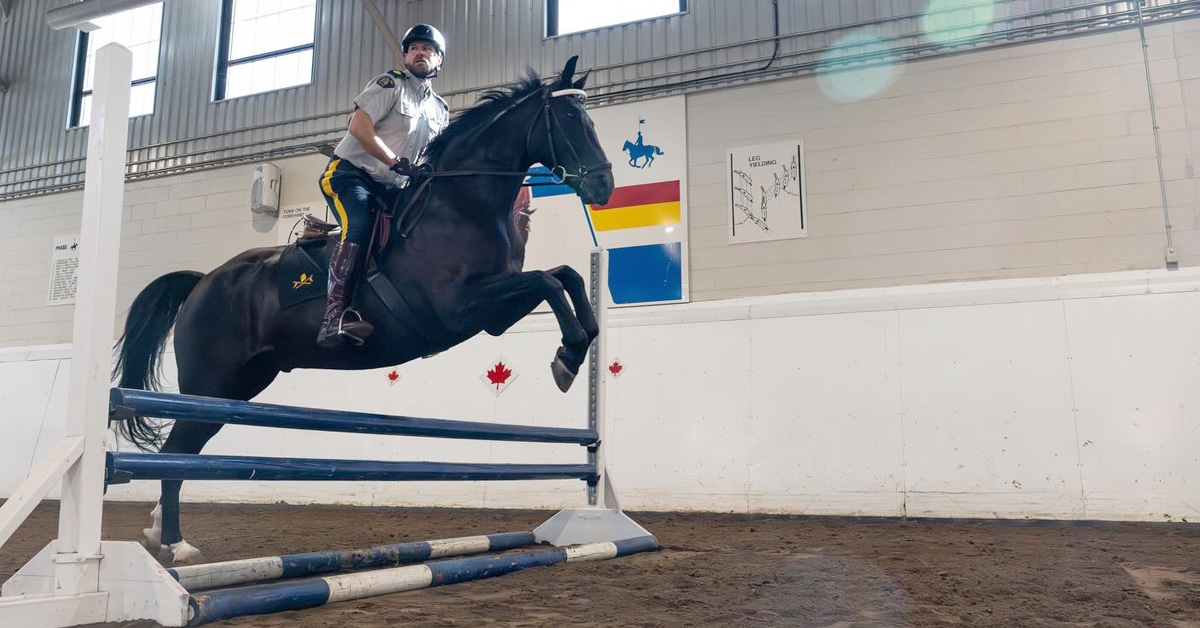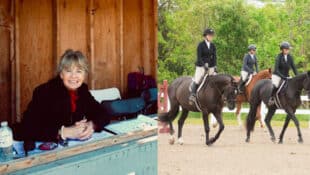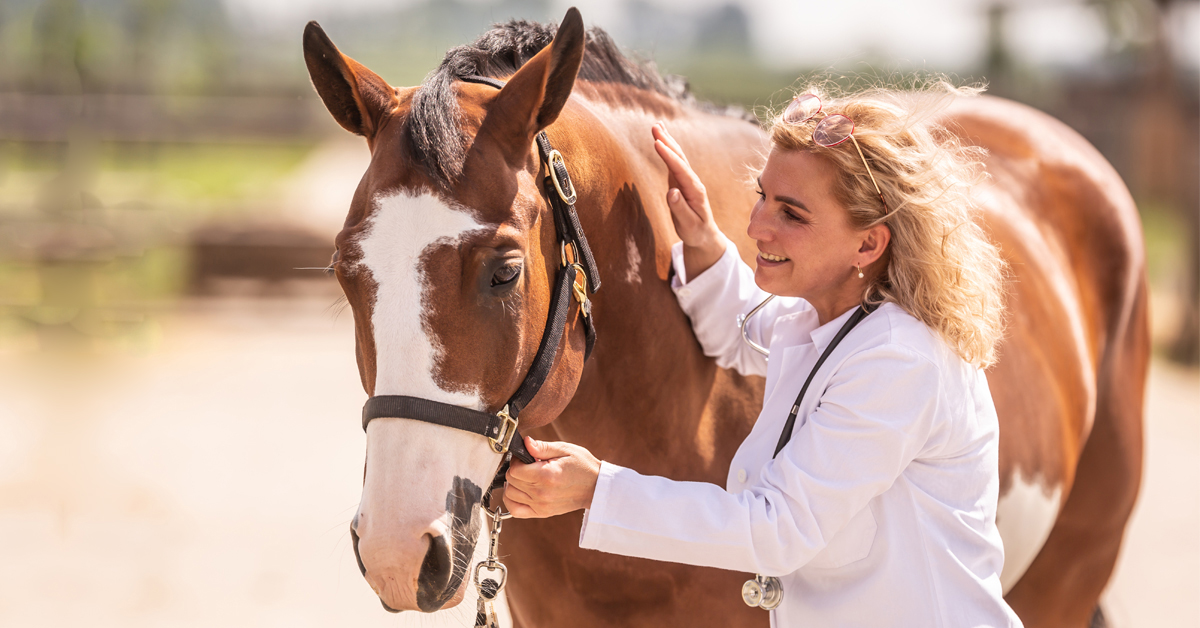The Australian driver has been unbeatable this season, with four wins from four starts to cement his spot at the top of the rankings.
The pair were selected to be part of the Jumping High-Performance Advisory Group (HPAG) for four-year terms.
The company announced that all horse shipments are cancelled until January in the wake of the tragic crash of one of its MD-11 cargo aircrafts.
The FEI official who reported Anders Uve Sjøbeck Hoeck for abuse says the court ruling ‘shows the outside world that the rules matter’.
Led by Lorraine Stubbs, the springtime tour will include horseback riding at Killarney National Park, a race day, and a visit to Coolmore Stud.
FEI Tribunal suspended the athlete for 20 months in a horse abuse case after launching an investigation and imposing a provisional suspension in January.
Woodbine Cares has launched a new grant program to support charities that help people connect with horses through education, hands-on care, welfare and aftercare.
Members of the iconic Musical Ride benefited from a two-day confidence- and skill-building workshop with eventer Jessica Phoenix.
From suitability and presentation to costly common errors, this busy hunter/jumper/eq judge shares her thoughts ‒ and some tips for better marks.
The ongoing workforce crisis, drug shortages, burnout and mental health pressures are among the critical issues the government needs to address.
